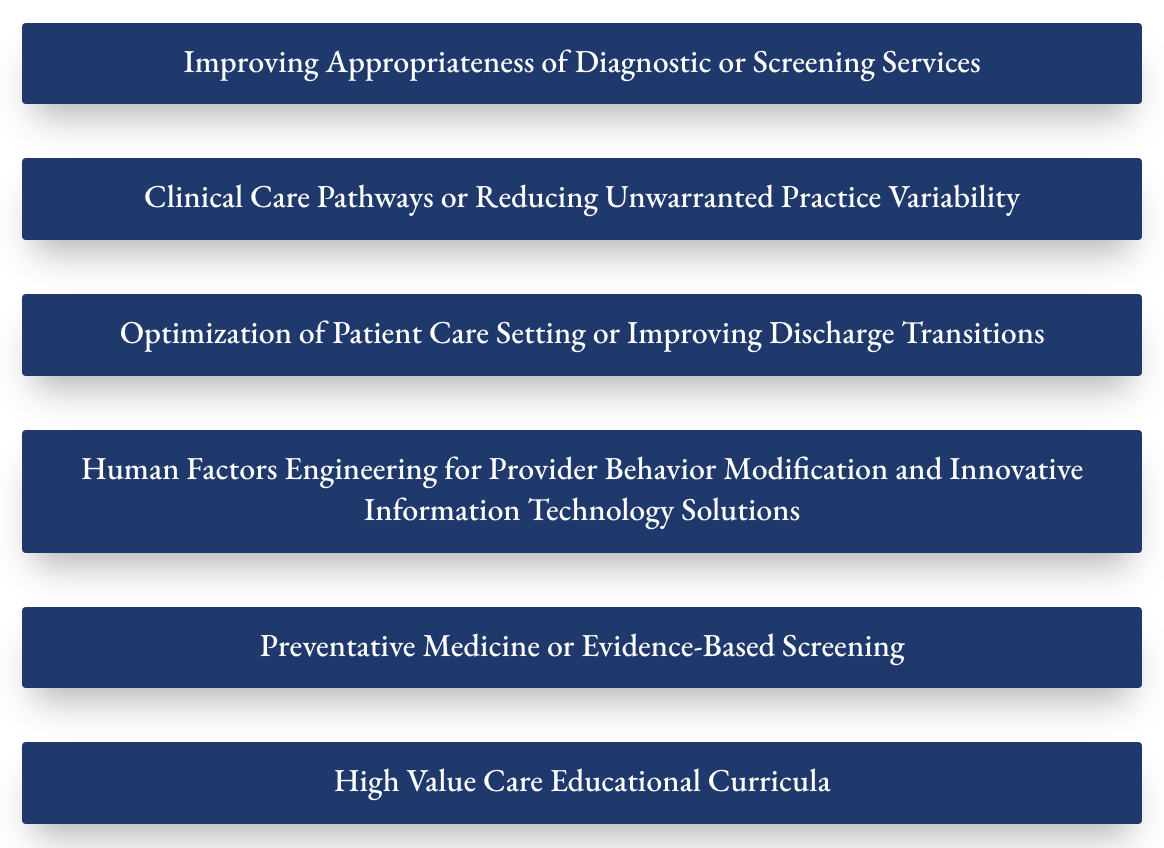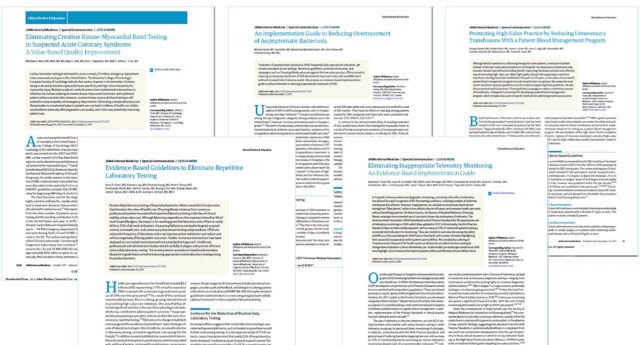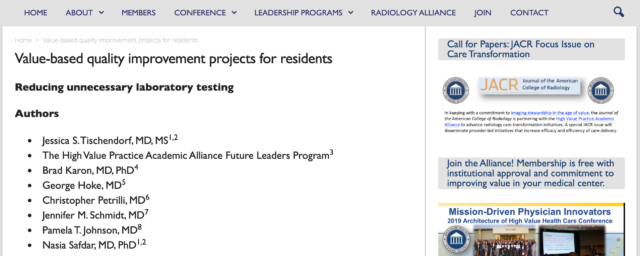From the 2022 HVPA National Conference
Priya Abhyankar MD (University of Kentucky), Aaron Brenner MD, Austin Matney BS, Kshitij Thakur MD
Background
Decompensated cirrhosis is associated with a high mortality rate, and patients experience poor health-related quality of life. Early intervention by palliative care can address symptoms, mental health issues, advanced care planning, and quality of life. Palliative care consultations for hospitalized patients with liver disease have a positive impact through improved symptom management and documentation of goals of care. We sought to characterize the patterns of use and outcomes in decompensated cirrhosis patients with inpatient palliative care consultation.
Methods
We conducted a retrospective chart review of hospitalized patients with a cirrhosis diagnosis and at least one of the four decompensating events, i.e. variceal bleeding, encephalopathy, ascites, or jaundice that received an inpatient palliative care consultation between 2018 and 2019. We collected variables that identify key characteristics such as time to a palliative care consult, MELD-Na score, complications of cirrhosis, and hospitalization outcome. This project was approved by the University of Kentucky IRB.
Results
The cohort included 155 patients, and NASH was the most common cause of cirrhosis. The mean MELDNa for the patients in this cohort was 23. The mean time to palliative care consultation was 9 days from the date of admission. Two third (68%) of the patients had refractory ascites and more than half (56%) had hepatic encephalopathy. Ninety percent of the palliative care consultations addressed goals of care discussion and fifty-seven percent of the consults addressed patient symptom management. One-fourth of the patients died in the hospital while more than half (52%) were discharged to a home or an inpatient hospice facility.
Conclusions
Inpatient palliative care consultations are often delayed will very end of life and mostly focus on goals of care discussion. The majority of these patients are discharged to hospice. We need interventional studies to implement a care pathway with early palliative care involvement to help address unmet needs in these patients.
Clinical Implications
We need interventional studies to implement a care pathway with early palliative care involvement to help address unmet needs in patients with decompensated cirrhosis.





